The Most Dangerous Compliment I Ever Received
TW: eating disorders & weight loss
After my divorce last year, I lost what I estimate to be about 15 pounds. I didn’t plan it, I didn’t chase it, and I certainly didn’t need it. But the comments that followed—about how I looked, what I must be doing, whether I was taking GLP-1s—revealed everything broken about the way we talk about bodies.
The truth? I like how I look and feel in my body right now. But that’s not the point. Liking my body and feeling comfortable and confident in my skin shouldn't invite judgment or commentary. And it also doesn’t erase the years I spent unlearning the very idea that my worth had anything to do with my size.
The Weight of Words
Most of my Instagram community is already familiar with my story. If you aren’t, read my Good Morning America feature here. Essentially, for 15 years, I lived in the grip of bulimia and binge eating. My career as a lawyer was high-pressure, Type-A, achievement-oriented, and I came from a traditional Armenian family that placed a lot of emphasis on outward appearance. I learned early that being thin was not just desirable—it was currency. Every “you look amazing” when I lost weight fed the cycle. Compliments felt like validation, but now I know they were gasoline on the fire of self-destruction.
This isn’t just my story—it’s a story baked into our culture. By the time many girls are 13, more than half—53%—already dislike their bodies. By 17, nearly 80% feel that way. (NOW Foundation) We’re conditioning kids, especially girls, to equate thinness with worth before they’ve even stepped into adulthood.
The Long Road Back
Recovery wasn’t neat or linear. There were setbacks, relapses, and long stretches of simply trying to exist in a body I didn’t trust. Slowly, I rebuilt a different kind of relationship with food and movement. I stopped weighing myself. I stopped seeing exercise as punishment and I soon learned how to eat intuitively. I cut refined sugar from my diet, the very “drug” that caused me to binge and purge in the first place.
And eventually, I lived at a healthy, stable weight—not because I was chasing it, but because I wasn’t chasing anything anymore. That felt like freedom.
But even then, the societal noise didn’t stop. Studies show that after just a few minutes of looking at bikini or fashion models, most women report feeling worse about their own stomachs, waists, or thighs. (Chapman University research) It’s everywhere—the air we breathe.
Divorce, Change, and My Body Now
Last year, I got divorced. Divorce is stress distilled into its purest form. And even though my divorce was mostly amicable and initiated by me, it brought a new life, new stressors, new routines.
Around this time, I joined a functional health platform called Malla. They had reached out to me on Instagram and gifted me a membership. As part of the protocol, they ordered extensive lab work. When my results came back, I was shocked. Everything was in normal ranges, except my cortisol. My cortisol levels were alarmingly high. If you aren’t familiar with it, cortisol is your body’s stress hormone. While it’s helpful in short bursts, too much for too long can harm your body and mind. These are the things that can happen when it’s too high:
Feeling tired but wired
Weight gain, especially around the belly
High blood pressure
Trouble sleeping
Mood swings, anxiety, or depression
Weakened immune system
High blood sugar or diabetes risk
Committed to reducing my stress load and cortisol levels, I stopped high-intensity cardio all together and began incorporating pilates and yoga into my routine, adding significantly more protein into my diet, and drinking less alcohol. My body shifted, as bodies do. The weight came off—not dramatically, but noticeably.
And suddenly, people noticed. “You’re so thin now!” “Are you on Ozempic?” “What are you doing?” And then there was even speculation that I had reverted back into an eating disorder. That one especially stung because I’ve spent years healing my relationship with food.
Here’s the truth: I hate the words thin and skinny. Instead, I see myself as physically strong and mighty. I’m muscular. And yes—I like how I feel in my skin right now. But even so, my body is not up for public debate.
The Comment Problem
This is the problem with how we talk about bodies: there’s no winning. Gain weight, and people whisper. Lose weight, and people pry. Either way, your body becomes a topic for speculation. And it’s even more pronounced when you have a career in the public eye—sigh.
What’s problematic about this is that the impact starts young. Research shows that children as early as 9 years old already tie their self-esteem to how they think their parents perceive their body size. (PubMed) In other words, they’re absorbing not only what we say, but even what they think we believe about them.
It’s not just individual comments—it’s an entire system of messaging that teaches us from childhood that our bodies are fair game.
Breaking the Cycle (for Ourselves + the Next Generation)
I don’t comment on people’s bodies anymore—not mine, not anyone else’s. Because I don’t want anyone to comment on mine and because my kids are watching. They’re absorbing how I talk about myself, how I talk about others, and what I choose to praise. If I want them to grow up believing their value isn’t tied to a number on the scale or the size of their jeans, then I have to model that now. And so do you.
Because this isn’t just about you or me. It’s about all of us—and whether we’re willing to step outside the cycle society has handed us. The more we refuse to participate in body commentary, the more we change the script for the next generation, and that is why I chose this topic for this week’s Substack.
Distinguishing Comments About Body From Genuine Concern
But what do you do when you are genuinely concerned if someone is okay? How do you not make the conversation about their physical appearance? The answer is, you tread carefully and watch your words. Say something like: “I wanted to check in and make sure you’re okay. I normally wouldn’t comment on someone’s body or physical appearance, but I’ve noticed you’ve lost weight, and I’m reaching out from a place of genuine concern. If you need anything, I’m here for you.”
Do you see how this type of inquiry might be better received instead of speculating about whether they are taking a GLP-1?
Closing
I started my Substack a few months ago because I had a desire to talk about topics important to me in a more personal space—even the uncomfortable ones. I love it here. This has become a special place for my community, and I want to invite you into the conversation!
Be sure to share your thoughts on this topic below so we can discuss in the comments.
xo,
Nicole



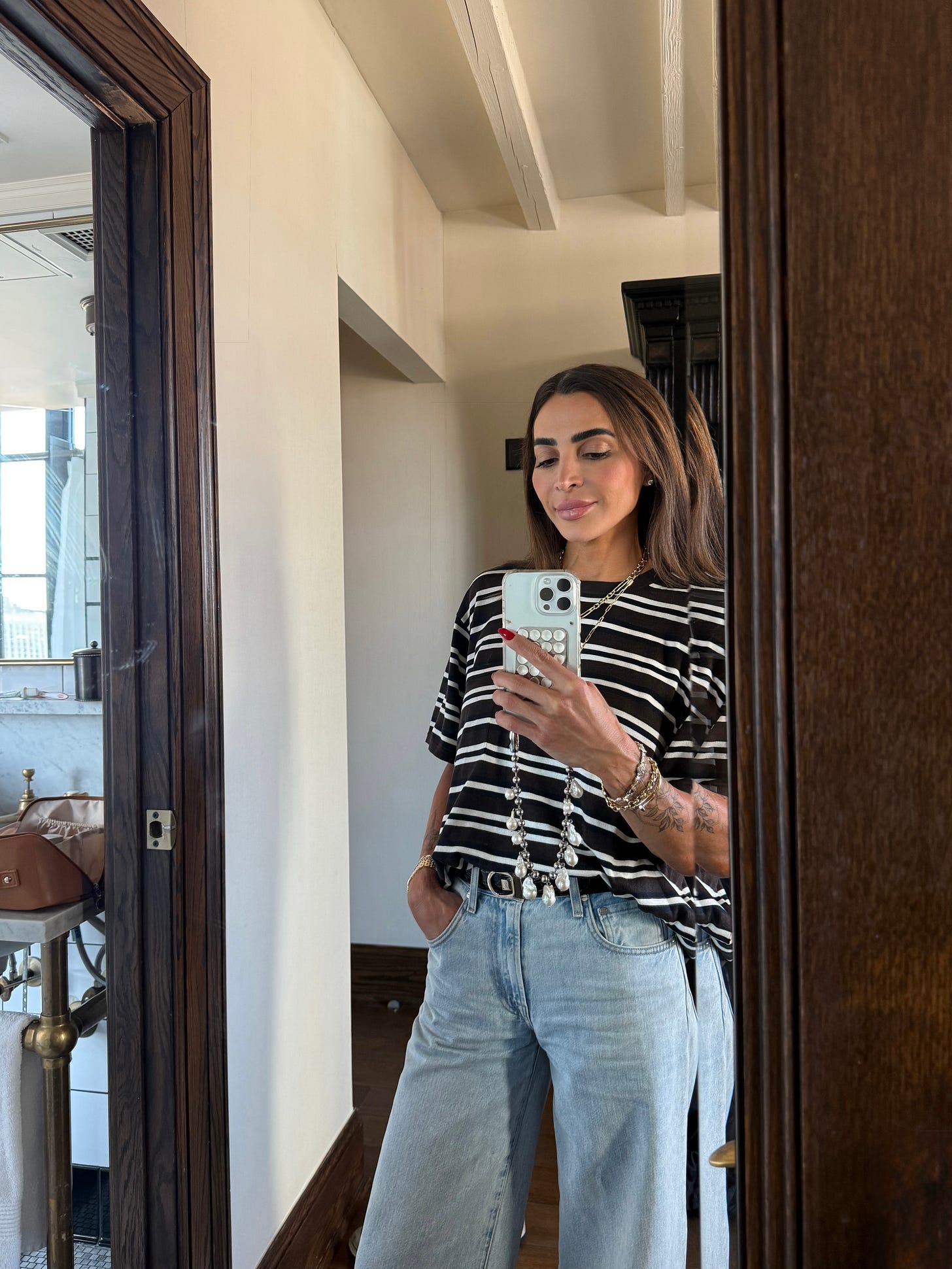
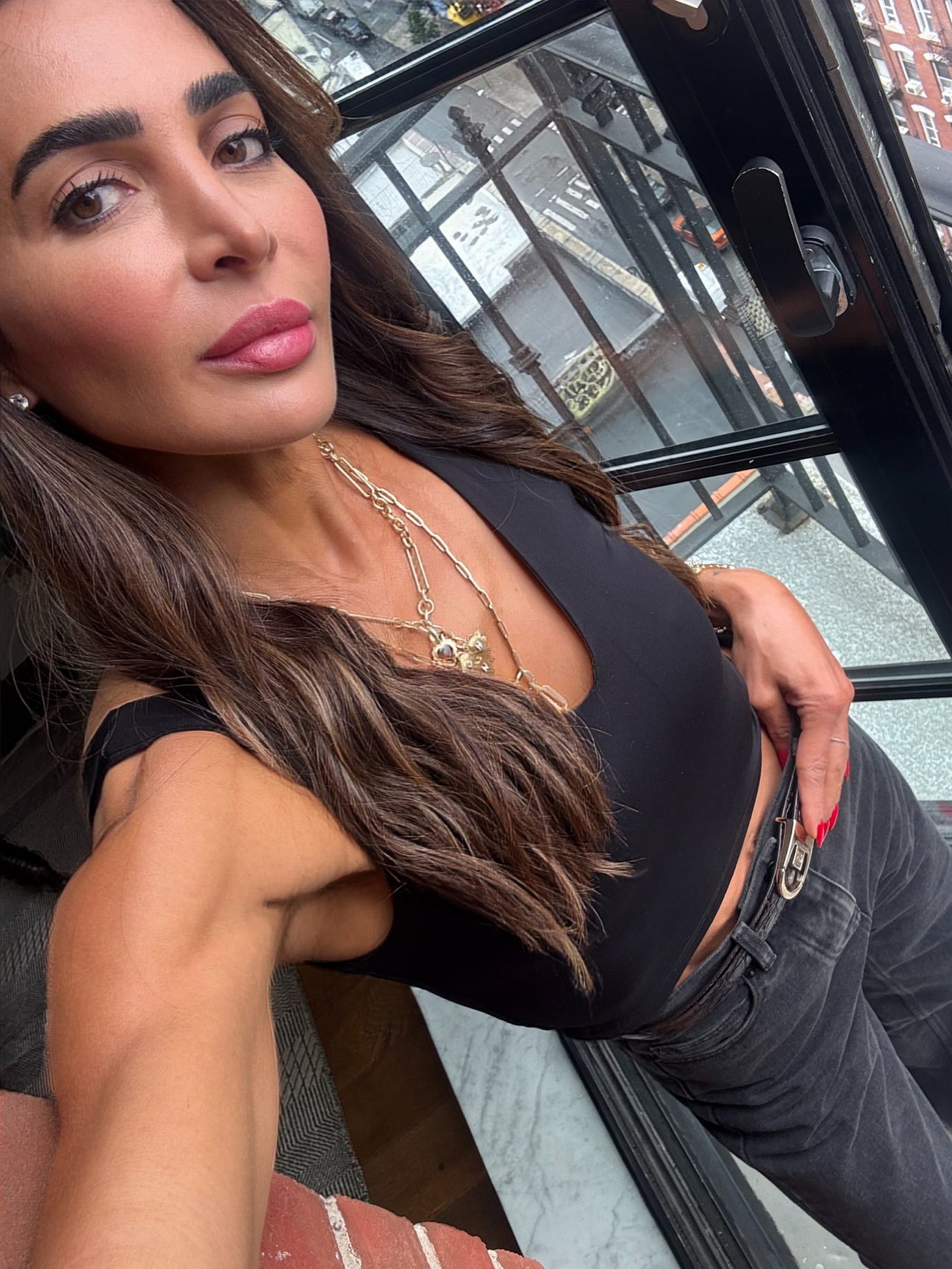
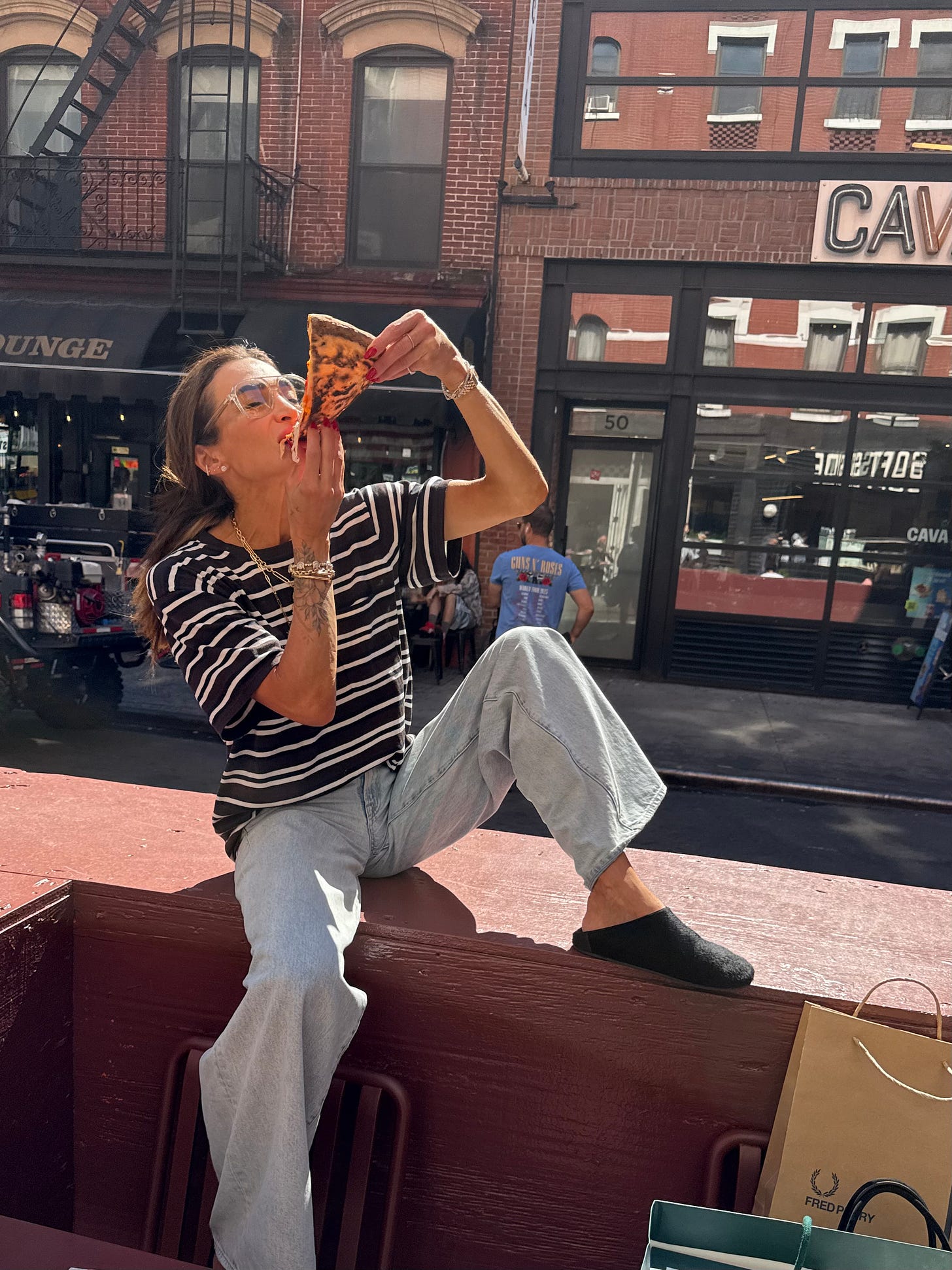
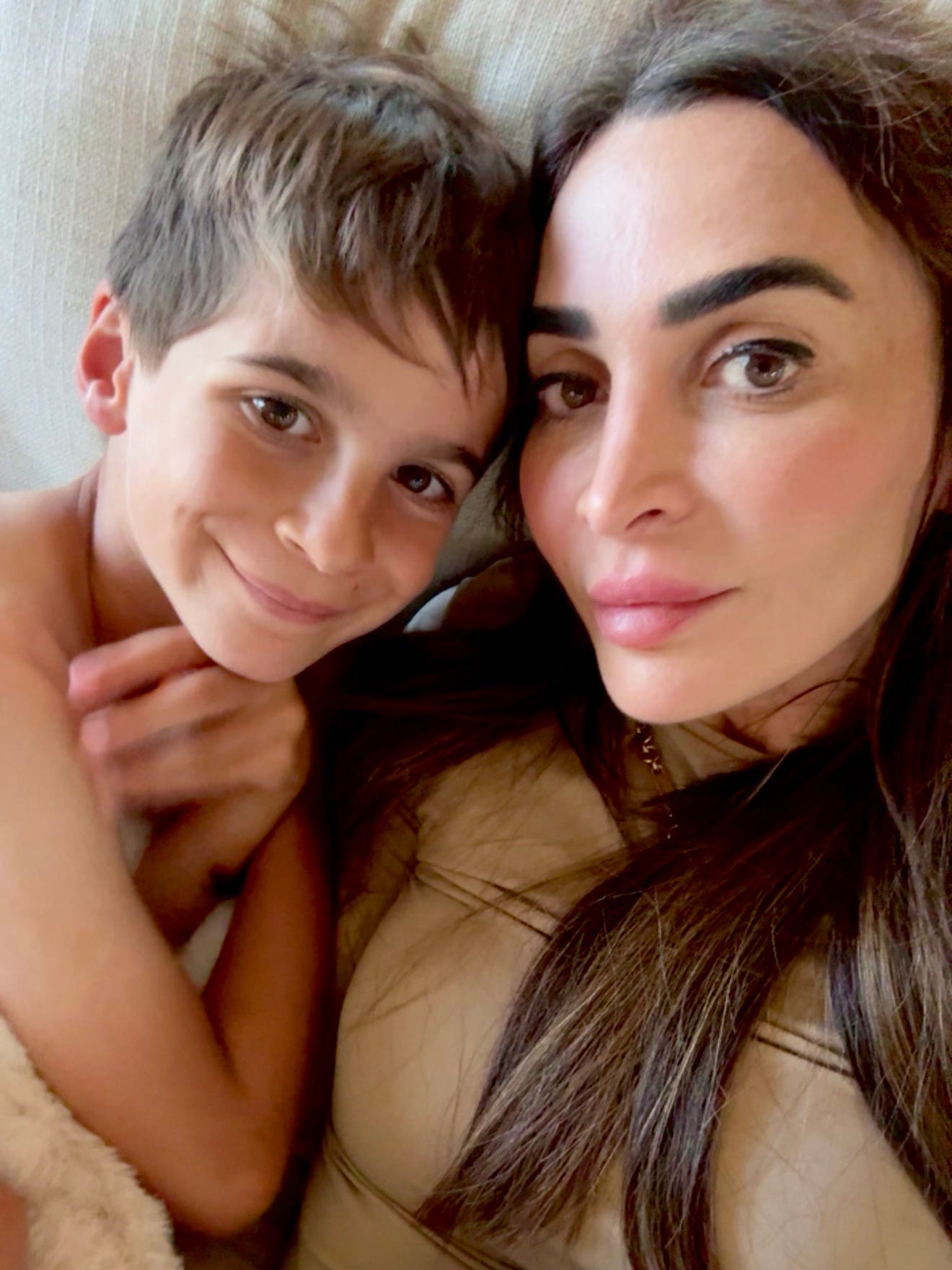
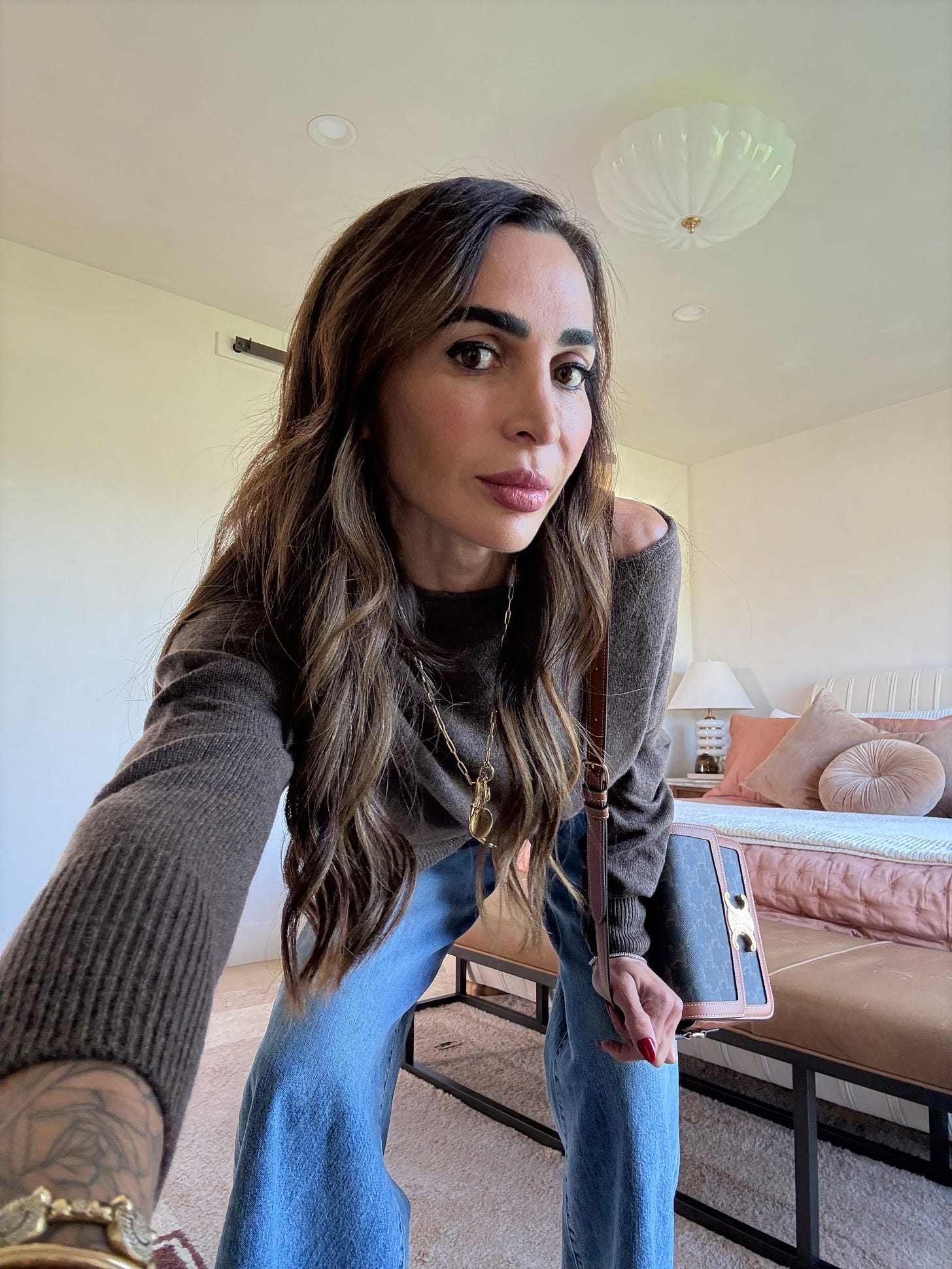
Thank you for sharing your heart as always. I agree that no one’s body is for commenting, but I did appreciate the language around checking in with a loved one that came from genuine concern! ❤️
I feel this 💯. Most people don’t realize that even though eating disorders appear on the surface as being only about body image, it goes much deeper. Most of the time it is simply about control—when everything else in life seems chaotic, stressful, and simply out of our control, food, exercise and the shaping of our bodies is what we can control (or so we think). That’s why the comments become so dangerous-they can either confirm the “control” that we think we have here or they can fuel the fire to work harder and control even more. It’s such a dangerous disease and one that is so hard to shake in this day and age. As a mom myself, I find myself making body comments about myself in front of my kids or about them and it breaks my heart when I don’t catch myself soon enough. Thank you for this article and reminding me again why this is so important!